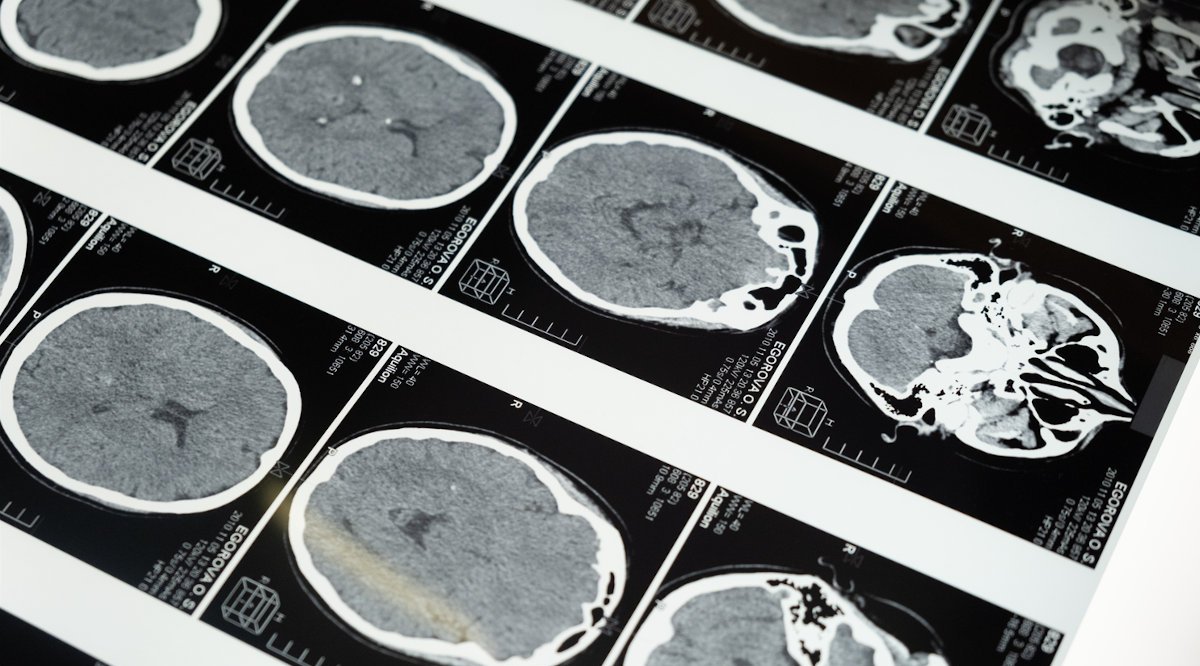Few diseases cause such a devastating impact as Alzheimer's disease. Although we realize that as we age we will lose our memories, we are terrified by the idea that in the end we will not be able to recognize our loved ones or ourselves. These memories, which have been treasured for years in the brain, fade into nothing. Although efforts to find a treatment have not yet yielded the desired results, We've learned a lot along the way.
Recent research has proposed a new approach to the development of Alzheimer's disease. This may not just be a matter of accumulation of beta-amyloid plaques and hyperphosphorylated tau sprouts, as previously thought, but also a matter of how brain cells interact with insulin.
Insulin is the hormone that regulates blood glucose concentrations, which is why it is closely linked to another disease, diabetes. In fact, the two diseases share risk factors: aging, diet, obesity, and chronic inflammation.
Could there be a relationship between the brain and the pancreas that links the two diseases?
Let us imagine for a moment that neural connections are like wires in an electrical network through which thought and memory information is transmitted. These cables start from neurons and reach other cells. Neurons are cells that need fuel to function, and the primary fuel is specifically glucose. Insulin acts as a bell at the cell's door. When this bell rings, the cell knows to open the door for glucose to enter. Without this buzzer, even if there is a lot of glucose in the blood, the cell does not know about it, does not open the door, and does not get fuel.
When a cell receives more glucose than it needs, it ends up generating insulin resistance. In other words, he becomes reluctant to open the door. Therefore, insulin resistance, associated with future type 2 diabetes, encourages the accumulation of blood sugar. In addition, it promotes the formation of beta-amyloid plaques, which is a feature of Alzheimer's disease.
Studies in mice have revealed that administration of streptozocin, a drug used to induce diabetes in animal models, generates insulin resistance and neurodegeneration similar to Alzheimer's disease. The relationship has also been observed in humans, although it has not been linked to a greater accumulation of amyloid beta or tau clumps in autopsied brains.
Inflammation link
Chronic low-grade inflammation resulting from insulin resistance may also link the two diseases. Inflammation is an essential process to combat external aggression and repair damage caused by it. When chronic, it can lead to changes associated with metabolic diseases such as obesity, cardiovascular disease, diabetes, and Alzheimer's disease.
In this scenario of insulin resistance, oxidative stress, and inflammation, cells enter apoptosis (programmed cell death). If this happens, if the cells die, the network of cables becomes trapped and the brain does not function properly. Then the patient begins to forget and stops processing information. Alzheimer's disease appears.
All of this suggests that metabolic problems may be the key in both diseases. For this reason, some researchers have proposed considering Alzheimer's disease a new type of diabetes.
Type 3 diabetes?
The new type of diabetes will be called type 3 diabetes. It will join type 1, and has a genetic rather than environmental origin; Type 2, with more environmental than genetic influence; And pregnancy, which occurs in some pregnancies. The term appeared in 2005 at the University of Rhode Island, whose researchers suggested that Alzheimer's disease could be a form of cerebral diabetes, characterized by insulin resistance and metabolic dysfunction.
Although it is important to note that this term is not accepted by the entire scientific community, it is a hypothesis that can be useful to contribute to a more complete view of the disease.
The links between the two diseases are becoming stronger, but there is still much to be discovered, especially regarding how this information can be used to benefit patients. Because insulin resistance and inflammation play central roles, it is possible that they share therapeutic strategies. In this sense, promoting healthy lifestyles, including diet, can have a positive impact on the prevention and treatment of diabetes and Alzheimer's disease.
The relationship between Alzheimer's disease and diabetes may change our understanding of the two diseases. The idea of type 3 diabetes, although lacking scientific consensus, may open new doors to research linking the two diseases, with insulin resistance and inflammation at the center, as well as effective treatments. With every new discovery, we get a little closer to treating diseases that affect millions of people around the world. Are we on the cusp of a new era in Alzheimer's disease research? Only time and science will be able to answer this question.
(This article was originally published on Conversation. You can read the original text here)

“Infuriatingly humble social media buff. Twitter advocate. Writer. Internet nerd.”










